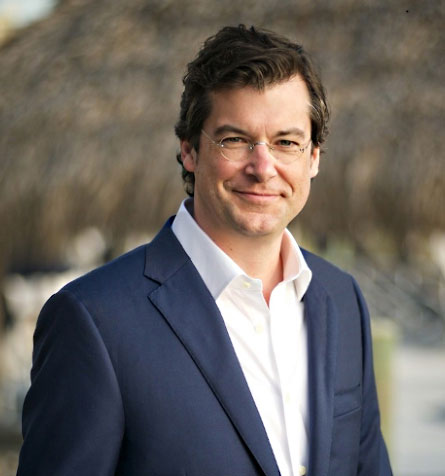Write Winning Grants
Abstract
Writing a winning grant requires a winning strategy. Co-hosted by MSU's Department of Public Health and Department of Epidemiology and Biostatistics, this event consisting of two half-day sessions (January 26 and February 2) is an NIH-focused webinar designed for faculty members, postdoctoral researchers, graduate students, and administrative staff, and our partners from Henry Ford Health who have some exposure to writing grant applications. Write Winning Grants comprehensively covers practical and conceptual aspects essential to the proposal-writing process. Learn how to tailor your content to relevant agencies, develop strategies for each section of the application, and to articulate your proposal in a way that makes reviewers want to read it.
Attendees will receive a copy of The Grant Application Writer’s Workbook, which has been written to complement and extend upon the material presented in the webinar. The cost to order your agency specific workbook (for NIH, NSF, USDA, or Any Agency) is $90, which includes shipping and the webinar registration. Slides provided for the day will cover the necessary NIH content. The cost to order, which includes shipping and registration, for your agency specific workbook is $90. Registration and payment are due January 8, 2024. More detailed workbook information can be found below.
Registration is now closed. Workbooks can still be ordered for pickup in the Office of Research and Innovation after the event. The cost for a workbook is now $100. If you would like to order a workbook, please call us at 355-0306.
Overview
This two-part, virtual seminar comprehensively addresses the practical, conceptual, and rhetorical aspects of writing competitive grant proposals. Dr. Robertson will cover:
- Critical steps for organizing and planning your proposal (all of the things you need to do before you start writing a full proposal in order to have a competitive edge)
- Understanding the role (and mindset) of your reviewers
- Our 4-paragraph rhetorical strategy for writing a compelling Specific Aims page (NIH), or the equivalent for other funding agencies.
- Specific strategies and tips for each major section of a grant proposal
Emphasis is placed on doing the “extra” things that can make the difference between being funded versus not. Regardless of the target agency, participants are taught to write with a linear progression of logic, which leads reviewers through an application without them knowing that they are being led. We also emphasize the fact that applicants are writing for two different audiences – the assigned reviewers, who read the application in its entirety, and non-assigned reviewers who may have read little, or none, of the proposal before the meeting of the review panel.
This seminar is appropriate for junior through senior faculty members, postdoctoral fellows, and doctoral students who have had some exposure to writing grant applications, either through training, mentoring, or personal experience. All participants may use the seminar for new ideas on gaining a competitive edge in “proposalship”, how to write for a broad spectrum of reviewers, and/or for strategies in how to mentor others in proposal writing.
Note that the majority of this content will be relevant and usable for individuals applying to various funding entities (e.g., private foundations, professional organizations, and state/other federal agencies). This is because the core structure/format of most grant proposals, and the review criteria for most grant proposals, are very similar across funding entities, often merely called something different.

Presenter
John D. Robertson, Managing Member, Grant Writers’ Seminars & Workshops, LLC
John D. Robertson is a recipient of competitive extramural funding from both the NIH and non-federal sources. He has served as a member of grant review panels, a reviewer for various biomedical journals, as well as a member of journal editorial boards. Before his recruitment to GWSW, he served as a mentor for junior-faculty grant applicants and was recognized routinely for excellence in teaching.
Education
- Ph.D., Pharmacology/Toxicology, The University of Texas at Austin, Austin, TX
- Postdoctoral, Toxicology, Karolinska Institute, Stockholm, Sweden
Academic Appointments
- University of Kansas Medical Center, Department of Pharmacology, Toxicology & Therapeutics, Kansas City, KS (Assistant Professor)
- University of Kansas Medical Center, University of Kansas Cancer Center, Kansas City, KS (Associate Member)
